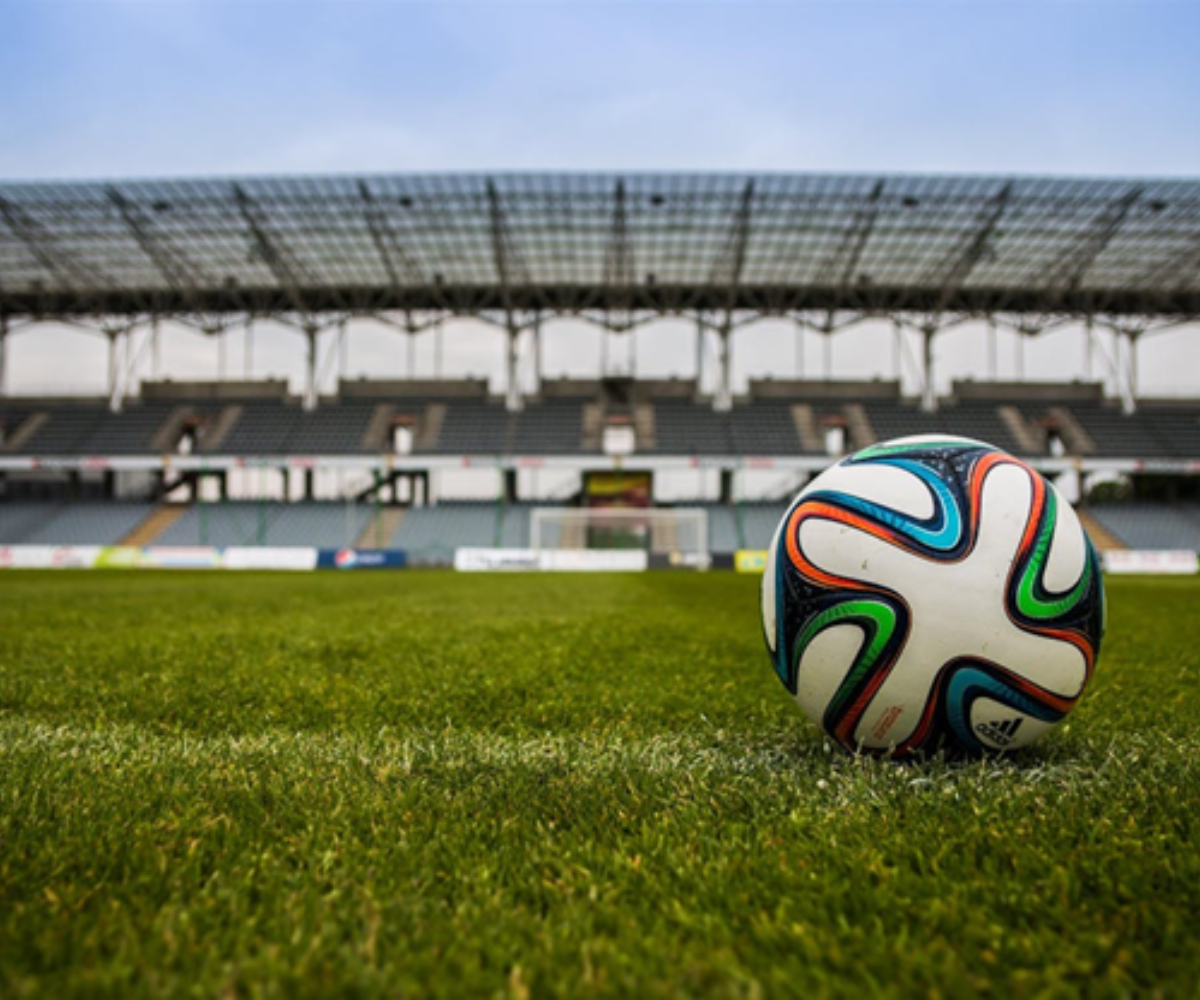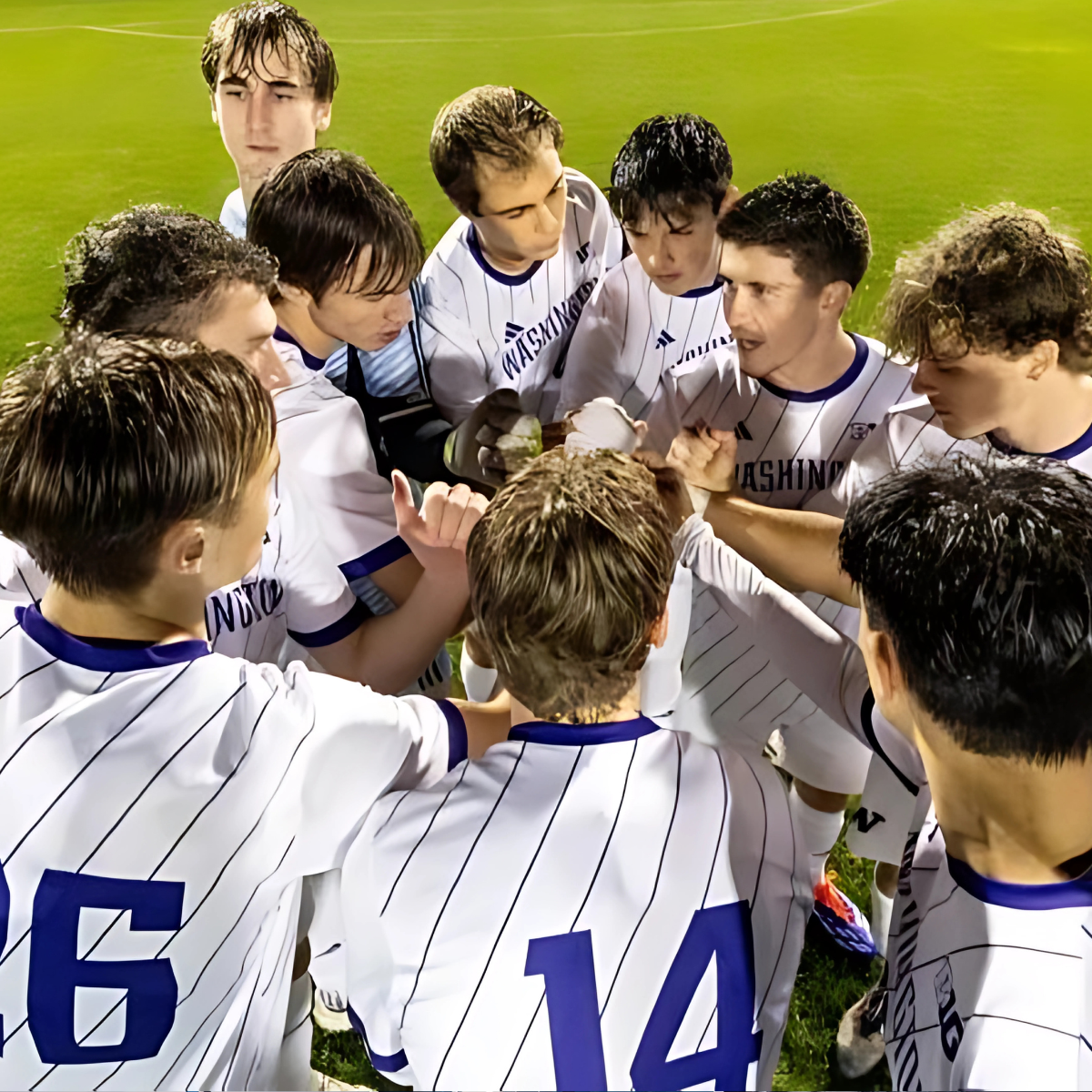The Psychology of Rivalry and Its Impact on Athletic Performance
Rivalry in sports is a powerful psychological phenomenon that can significantly influence athletic performance. Defined as a competitive relationship between teams or individuals characterized by heightened emotional stakes, rivalry can enhance motivation, focus, and performance while also introducing stress and anxiety. Understanding the psychology behind rivalry allows athletes and coaches to leverage its benefits while managing its potential downsides.
The Nature of Sports Rivalry
Sports rivalry is often marked by intense emotions and a strong sense of identity among athletes and fans alike. Key aspects include:
- Increased Stakes: Rivalries elevate the psychological stakes of competition, making victories feel more rewarding and defeats more painful. Athletes may feel a heightened sense of obligation to perform well against rivals, which can lead to increased motivation.
- Group Dynamics: Rivalries foster strong in-group bonds among fans and teammates, creating a sense of belonging and shared purpose. This tribal mentality can enhance team cohesion but may also lead to hostility toward rival groups.
- Social Comparison: Rivalries often involve comparisons between teams or individuals, which can amplify the desire to outperform opponents. This social comparison can motivate athletes to push their limits but may also lead to negative self-perception if they feel inadequate compared to their rivals.
Psychological Mechanisms at Play
Several psychological mechanisms underpin the effects of rivalry on athletic performance:
- Motivation Enhancement: Rivalry can serve as a powerful motivator. Athletes often perform better when competing against rivals due to the desire to prove themselves and achieve recognition. Research indicates that heightened motivation during rival matches can lead to improved performance outcomes.
- Increased Arousal: The emotional intensity associated with rivalries can lead to increased physiological arousal, which may enhance performance in some cases. However, excessive arousal can also result in anxiety or overexcitement, potentially impairing focus and execution.
- Cognitive Dissonance: Athletes may experience cognitive dissonance when their beliefs about their abilities conflict with their performance against rivals. This dissonance can drive them to either improve their skills or rationalize poor performances, influencing future training and decision-making.
- Emotional Amplification: The shared emotional experiences of rivalry—such as celebrating victories or coping with losses—can strengthen team bonds but may also lead to extreme reactions that affect individual performance. For example, an athlete might feel immense pressure to perform well in a high-stakes rivalry game, which could either inspire peak performance or lead to choking under pressure.
Read: How does the concept of psychological priming influence athletic performance?
Positive and Negative Effects of Rivalry on Performance
Rivalry can have both beneficial and detrimental effects on athletic performance:
- Positive Effects:
- Enhanced Performance: Many athletes report performing at their best during rivalry games due to increased motivation and focus.
- Team Cohesion: Strong rivalries can foster unity among team members as they rally together against a common opponent.
- Increased Fan Support: Rivalry games often attract larger crowds, providing additional motivation through heightened fan energy.
- Negative Effects:
- Performance Anxiety: The pressure associated with rivalry can lead to anxiety, which may impair performance if not managed effectively.
- Hostility and Aggression: Intense rivalries can sometimes escalate into unsportsmanlike behavior or aggression on the field, detracting from fair competition.
- Overemphasis on Outcomes: Athletes may become overly fixated on winning against rivals rather than focusing on their personal development or enjoyment of the sport.
Strategies for Leveraging Rivalry
To maximize the positive aspects of rivalry while minimizing its potential downsides, athletes and coaches can adopt several strategies:
- Focus on Personal Goals: Athletes should maintain a balance between the competitive spirit of rivalry and their personal objectives. Setting individual goals helps maintain perspective amid the excitement of rivalry matches.
- Mental Preparation: Engaging in mental conditioning techniques such as visualization and mindfulness can help athletes manage anxiety associated with rivalries. Practicing relaxation techniques before competitions can enhance focus and composure.
- Team Building Activities: Strengthening team cohesion through bonding activities outside of competition can help mitigate the stress associated with rivalries. A united team is better equipped to handle the pressures of competition.
- Open Communication: Coaches should encourage open discussions about feelings related to rivalries. Addressing concerns and expectations helps athletes process emotions constructively.
The psychology of rivalry plays a significant role in shaping athletic performance by enhancing motivation, focus, and team cohesion while also introducing challenges such as anxiety and pressure. By understanding the dynamics of rivalry and implementing strategies to leverage its benefits while managing its drawbacks, athletes can optimize their performance in competitive settings. Ultimately, recognizing the complex interplay between rivalry and performance is essential for achieving success in sports while fostering a healthy competitive spirit.
Read: How does the concept of cognitive dissonance affect athlete decision-making?







%20(1200%20%C3%97%20232%20px)%20(9).png)









.png)

